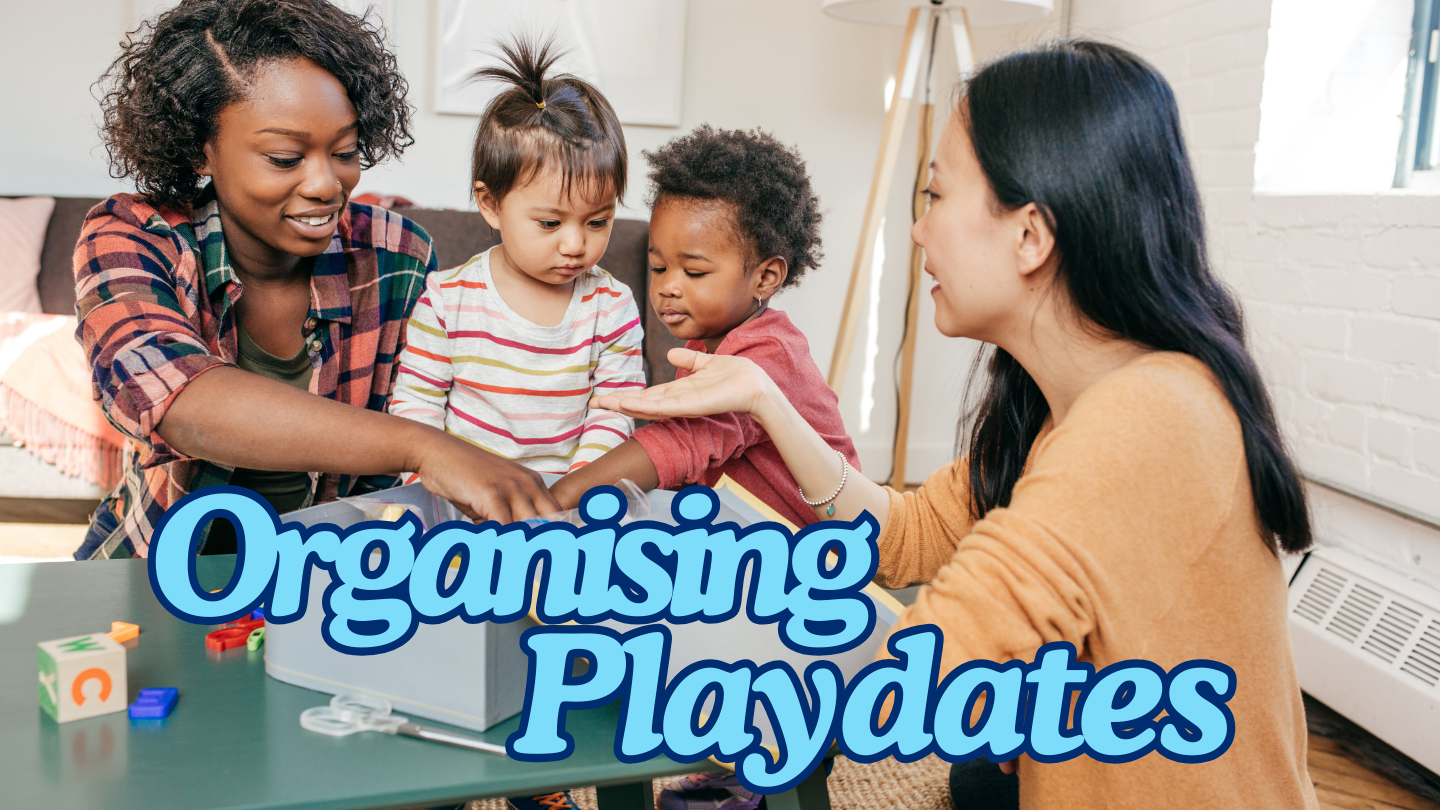Organising playdates is an important part of childhood development, offering kids opportunities to build social skills, foster friendships, and experience collaborative play in a fun environment. When planning a playdate, it’s essential to consider the right time and setting that works for both children. A balanced schedule, such as a mid-morning or mid-afternoon, often ensures the kids are rested and energised.
Choosing a comfortable and safe location, whether it’s at your home, the other child’s home, or a local park, helps the children feel secure while allowing them to explore their surroundings together. It’s also important to communicate with the other parent to coordinate details like timing, any dietary needs, or specific preferences their child may have. This open communication ensures that both children will have a positive experience.
Activities during a playdate should be simple and fun, with enough variety to keep both children engaged. Whether it’s crafts, playing outdoors, or watching a movie, the focus should be on creating an environment where the children can interact freely. Offering snacks and drinks that are easy to serve and suitable for both children can also add a nice break to the playtime, making the experience more enjoyable.
Supervision is key, particularly for younger children, but it’s equally important to give them space to develop independence and solve minor conflicts themselves. Observing how children interact can give you insight into their social development, such as their ability to share, compromise, and express their emotions. This is part of what makes playdates so valuable — they offer a real-life setting where children can practice these essential life skills.
After the playdate, a brief follow-up with the other parent can help maintain a good relationship and open the door to future playdates. This ongoing interaction strengthens social bonds not only between the children but also among families.
In essence, playdates are more than just casual fun; they are foundational for a child’s emotional, social, and cognitive growth.



